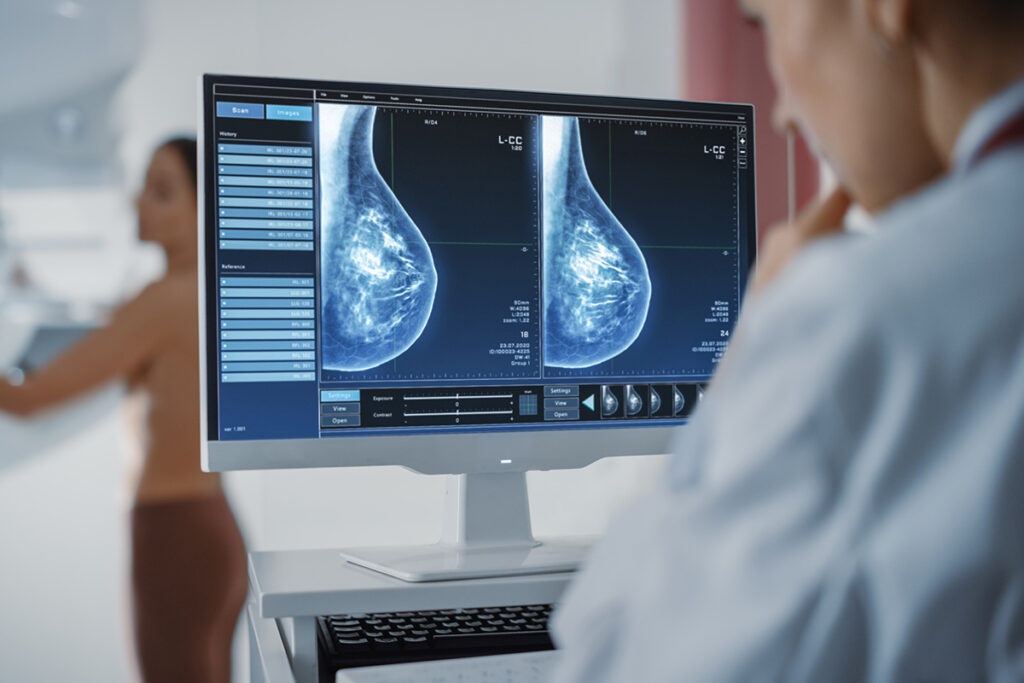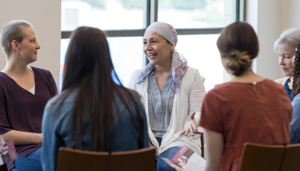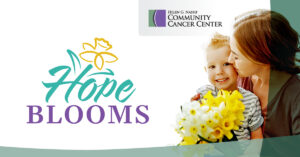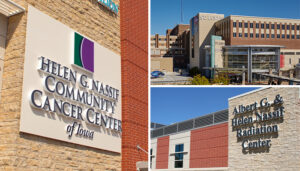The U.S. Food and Drug Administration (FDA) released new guidelines on March 9 that will require mammogram providers nationwide to notify patients if they have dense breasts, which could help more women detect breast cancer earlier. Though the FDA just made this a requirement for all providers, St. Luke’s Breast and Bone Health has been notifying women if they have dense breasts since 2017.
“This is a very good change from the FDA,” said Therese Michels, manager of St. Luke’s Breast and Bone Health. “This means all patients nationwide will receive information about the level of dense tissue in their breasts and can seek out further screening tests if needed.”
What are Dense Breasts?
Breasts are made up of a mixture of fibrous, glandular and fatty tissue. A woman’s breasts are considered dense if they have a lot of fibrous or glandular tissue, but not much fatty tissue. Size does not impact breast density.
According to the Centers for Disease Control and Prevention (CDC), women with dense breasts are at a slightly increased risk of developing breast cancer. The denser your breasts, the higher your risk.
“An average of 40 percent of women have dense breast tissue. On a mammogram, the level of dense tissue is determined by the radiologist,” explained Michels. “Dense tissue can appear white on a mammogram, and cancer also appears white, which makes it more difficult to see a cancer in dense tissue. Because of this, cancers are often larger when found in dense tissue, which increases a woman’s risk for breast cancer.”
Additional Screening for Women with Dense Breasts
One of the additional screening tests is called Automated Breast Ultrasound or ABUS. ABUS is very different from a mammogram. This type of screening uses sound waves to create 3D pictures of the breast tissue. A layer of lotion is applied to the breast, and then a scanner is firmly positioned on the breast to acquire the images. The exam takes approximately 30 minutes and provides clear 3D ultrasound images. The doctor will then review the ABUS screening images along with the mammogram.
The other test(s) offered are Abbreviated/Fast Breast MRI, or High Risk/Full Breast MRI. Abbreviated/Fast Breast MRI can be used for women with dense breast tissue, which involves images of a lightly compressed breast, captured by magnetic fields, and takes approximately 15 minutes. High Risk/Full Breast MRI is typically used for women who not only have dense breast tissue, but have additional, high-risk factors such as personal or family history of breast cancer. This test also uses light compression with contrast injection and takes approximately 25 minutes. Breast MRI is not a replacement for mammography, rather an additional tool for those with higher risks of breast cancer.
Which Test is Right for Me?
All women should start the breast cancer screening process with a mammogram. From there your care team will be able to recommend appropriate additional screening if necessary.
“The mammogram is the gold standard in screening and detects the majority of cancers,” said Michels. “All women should have a baseline mammogram between 35 and 40, and receive an annual mammogram starting at 40. If we see a woman’s breasts have a higher density, that’s when we start discussing those extra screening methods.”
Podcast Episode: Breast Cancer Screening
Therese Michels, manager of St. Luke’s Breast and Bone Health, returns to the podcast to discuss breast cancer screening recommendations, self-checks, the effect of COVID-19 shutdowns on breast cancer screening and more.
Early Detection is the Best Prevention
When it comes to breast cancer, early detection is the best prevention. If you are 40 or older, or have a family history of breast cancer, call St. Luke’s Breast and Bone Health at (319) 369-7216 to schedule an appointment at one of our three convenient locations or request a mammogram online. We also offer walk-in mammograms, with a doctor’s order, at each of our locations from 9 a.m. to 3 p.m. Monday through Friday.
Face Breast Cancer with Confidence
If you’ve been diagnosed with breast cancer, or any type of cancer, the Nassif Community Cancer Center is here to help you face cancer with confidence. Call us today at (319) 558-4876 or visit communitycancercenter.org to learn more about treatment options and support services.







